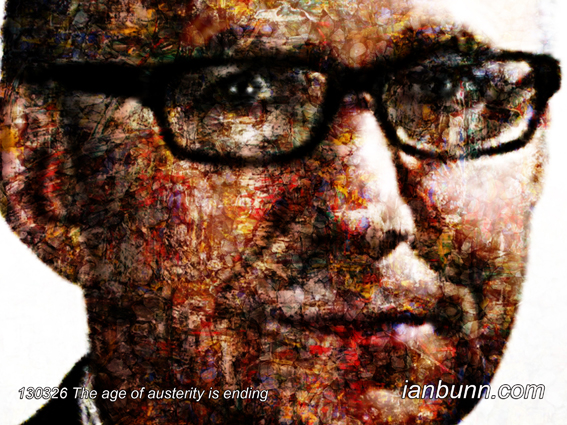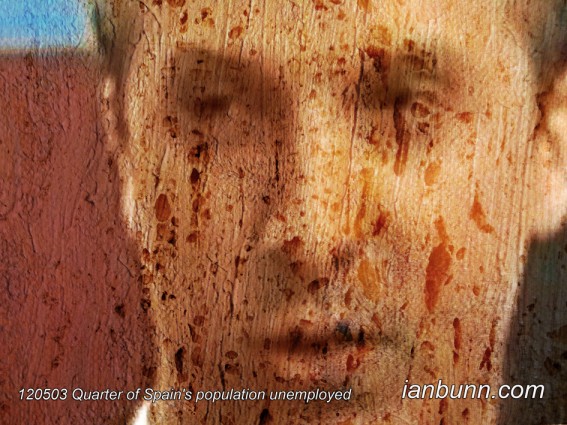 Hydrogen energy game-changing technologies (May 28 2013)
Hydrogen energy game-changing technologies (May 28 2013)
Peter Hoffmann the American former Washington and foreign correspondent for a major business/technology news service has published an article on Project Syndicate titled ‘The Hydrogen Solution’ in which he states “Around the world, governments and businesses are constantly being called upon to make big investments in solar, wind, and geothermal energy, as well as biofuels. But, in the United States, unlike in Europe and Asia, discussion of hydrogen energy and fuel cells as systemic, game-changing technologies is largely absent. That needs to change: these clean, renewable energy sources promise not only zero-emission baseload power, but also a zero-emission fuel for cars and trucks, the biggest polluters of them all. By now, many have heard about plans by big carmakers – including Honda, Toyota, and Hyundai – to launch hydrogen fuel-cell cars commercially around 2015. Daimler, Ford, and Nissan plan to launch such cars around 2017. Germany plans to build at least 50 hydrogen fueling stations by 2015 as the start of a countrywide network. Japan and Korea have announced similar plans. But a bigger, largely unreported, message is that some European countries, especially Germany, have launched projects that combine renewables like solar and wind with hydrogen for energy storage, implying clean, zero-emission, stable power grids that require no coal, oil, or nuclear power. Indeed, the bottom line of a new study by two American researchers, Willett Kempton and Cory Budischak, is that the combination of renewables and hydrogen storage could fully power a large electricity grid by 2030 at costs comparable to those today. Kempton and Budischak designed a computer model for wind, solar, and storage to meet demand for one-fifth of the US grid. The results buck “the conventional wisdom that renewable energy is too unreliable and expensive,” says Kempton.”
Inspired by Peter Hoffmann, Project Syndicate ow.ly/kBbQa Image source hydrogenambassadors ow.ly/kBbHO


![Elisabeth Rosenthal the American medical doctor specializing in epidemic disease, scientific and environmental matters has published an article in the New York Times titled ‘As Biofuel Demand Grows, So Do Guatemala’s Hunger Pangs’. Rosenthal states “In the tiny tortillerias of this city [Guatemala City], people complain ceaselessly about the high price of corn. Just three years ago, one quetzal — about 15 cents — bought eight tortillas; today it buys only four. And eggs have tripled in price because chickens eat corn feed. …Recent laws in the United States and Europe that mandate the increasing use of biofuel in cars have had far-flung ripple effects, economists say, as land once devoted to growing food for humans is now sometimes more profitably used for churning out vehicle fuel. In a globalized world, the expansion of the biofuels industry has contributed to spikes in food prices and a shortage of land for food-based agriculture in poor corners of Asia, Africa and Latin America because the raw material is grown wherever it is cheapest. …With its corn-based diet and proximity to the United States, Central America has long been vulnerable to economic riptides related to the United States’ corn policy. Now that the United States is using 40 percent of its crop to make biofuel, it is not surprising that tortilla prices have doubled in Guatemala, which imports nearly half of its corn. At the same time, Guatemala’s lush land, owned by a handful of families, has proved ideal for producing raw materials for biofuels. Suchitepéquez Province, a major corn-producing region five years ago, is now carpeted with sugar cane and African palm. …Roughly 50 percent of the nation’s children are chronically malnourished, the fourth-highest rate in the world, according to the United Nations.” Inspired by Elisabeth Rosenthal, New York Times ow.ly/gKkg3 Image source Twitter ow.ly/gKkeF](http://www.ianbunn.com/wp-content/uploads/2013/01/130117dcU60.jpg)







